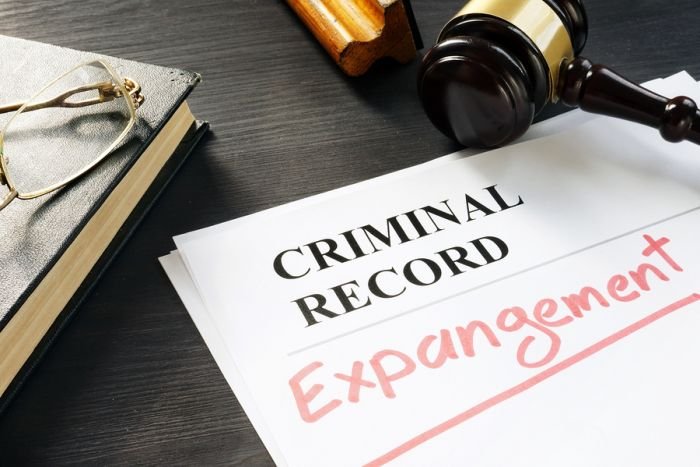Being convicted of a crime in New Jersey can have long-lasting consequences that extend far beyond serving a sentence. A criminal record becomes a part of your life, impacting your personal, professional, and social opportunities. Many individuals underestimate the ripple effects, which often persist for years. Understanding these consequences is crucial and underscores the importance of seeking skilled legal representation from a criminal lawyer New Jersey to minimize or avoid a criminal record.
Employment Challenges
One of the most immediate and significant consequences of a criminal record is the impact on employment. Many employers in New Jersey conduct background checks as part of their hiring process. A criminal record can raise red flags, making it difficult to secure a job. Even if the conviction is unrelated to the job, employers may view it as a sign of unreliability or a potential liability.
Additionally, a criminal record can prevent individuals from working in certain professions that require licensing, such as healthcare, education, or law enforcement. Even jobs that require regular interaction with vulnerable populations, like childcare or elder care, may be off-limits. As a result, a criminal record can drastically limit career options, leading to financial instability.
Housing and Financial Obstacles
Finding housing with a criminal record can also be a challenge. Many landlords in New Jersey screen prospective tenants for criminal histories, and a conviction may cause them to deny rental applications. Landlords often worry about the perceived risk to other tenants or property.

Financially, a criminal record can limit access to loans, grants, or other financial aid. For instance, individuals with felony convictions may find it difficult to secure a mortgage or qualify for student loans. This financial roadblock can hinder efforts to rebuild a stable life after serving a sentence.
Impact on Education
For those pursuing higher education, a criminal record can pose unique challenges. Some colleges and universities in New Jersey require applicants to disclose their criminal history during the admissions process. While not all institutions automatically deny admission based on a record, it can make the process more difficult.
Furthermore, a criminal record can disqualify individuals from receiving federal financial aid, scholarships, or grants. Without access to these resources, pursuing higher education becomes financially burdensome, limiting future opportunities for growth and career advancement.
Social and Personal Stigma
The stigma attached to a criminal record can lead to social isolation and strained relationships. Friends, family, and community members may view someone with a record differently, creating barriers to support networks. This social alienation can take a toll on mental health and make reintegration into society more challenging.
Additionally, those with criminal records may face restrictions on certain civil rights. For example, in New Jersey, individuals convicted of certain felonies lose their right to vote while incarcerated. Although voting rights are restored upon release, other restrictions, like owning firearms, may remain in place.
Legal Recourse: Expungement
Fortunately, New Jersey law offers a potential solution for those looking to overcome the long-term consequences of a criminal record: expungement. Expungement is a legal process that seals certain criminal records, effectively removing them from public view. Once expunged, most employers, landlords, and educational institutions cannot access the record.
Eligibility for expungement depends on the type of crime, the time elapsed since the conviction, and other factors. Consulting with an experienced criminal lawyer in New Jersey can help determine whether expungement is an option and guide individuals through the process.
Final Thoughts
A criminal record in New Jersey can have far-reaching consequences that affect nearly every aspect of life, from employment and housing to education and social standing. While these challenges can feel overwhelming, it’s important to remember that legal resources, such as expungement, are available to help individuals regain control of their lives.
If you or someone you know is facing criminal charges, consulting a knowledgeable criminal lawyer in New Jersey is essential. An experienced attorney can work to reduce or avoid a conviction, protecting your future from the lasting effects of a criminal record. Taking proactive steps today can pave the way for a brighter, more secure tomorrow.